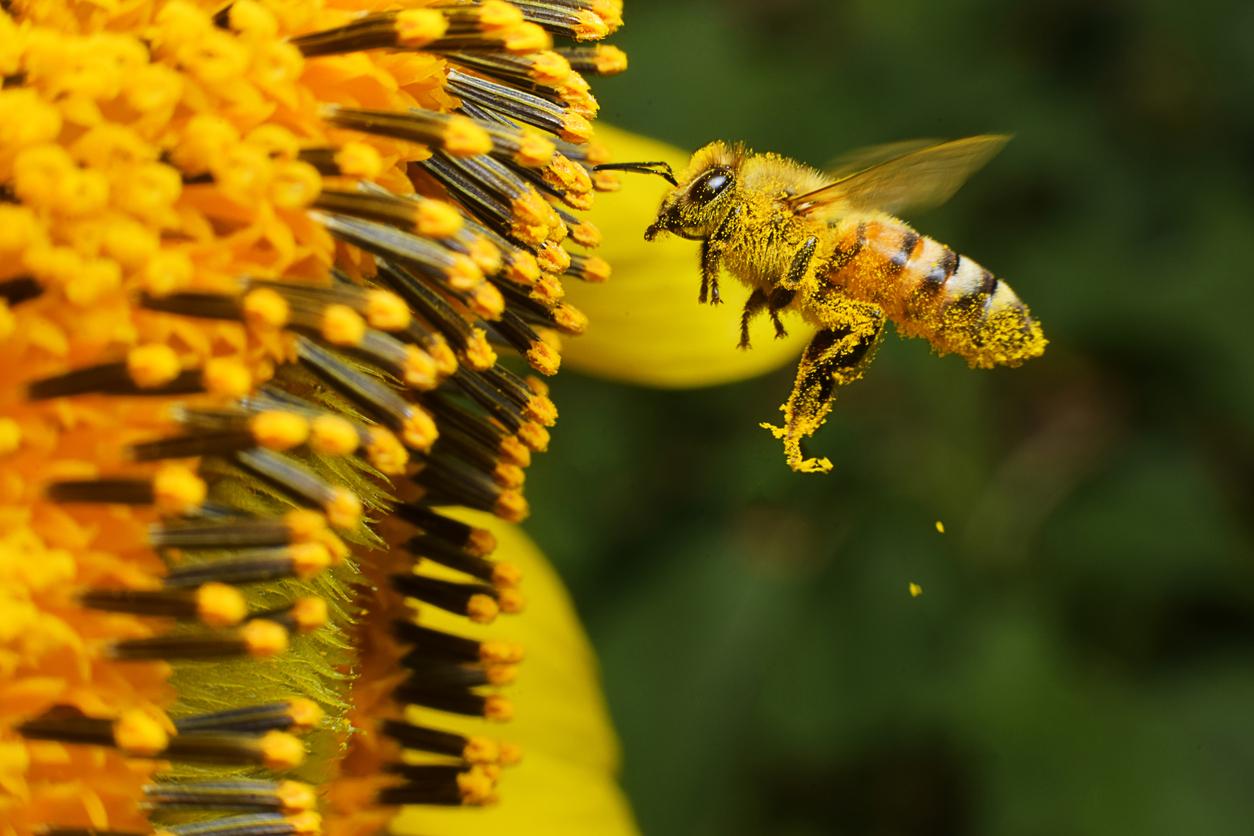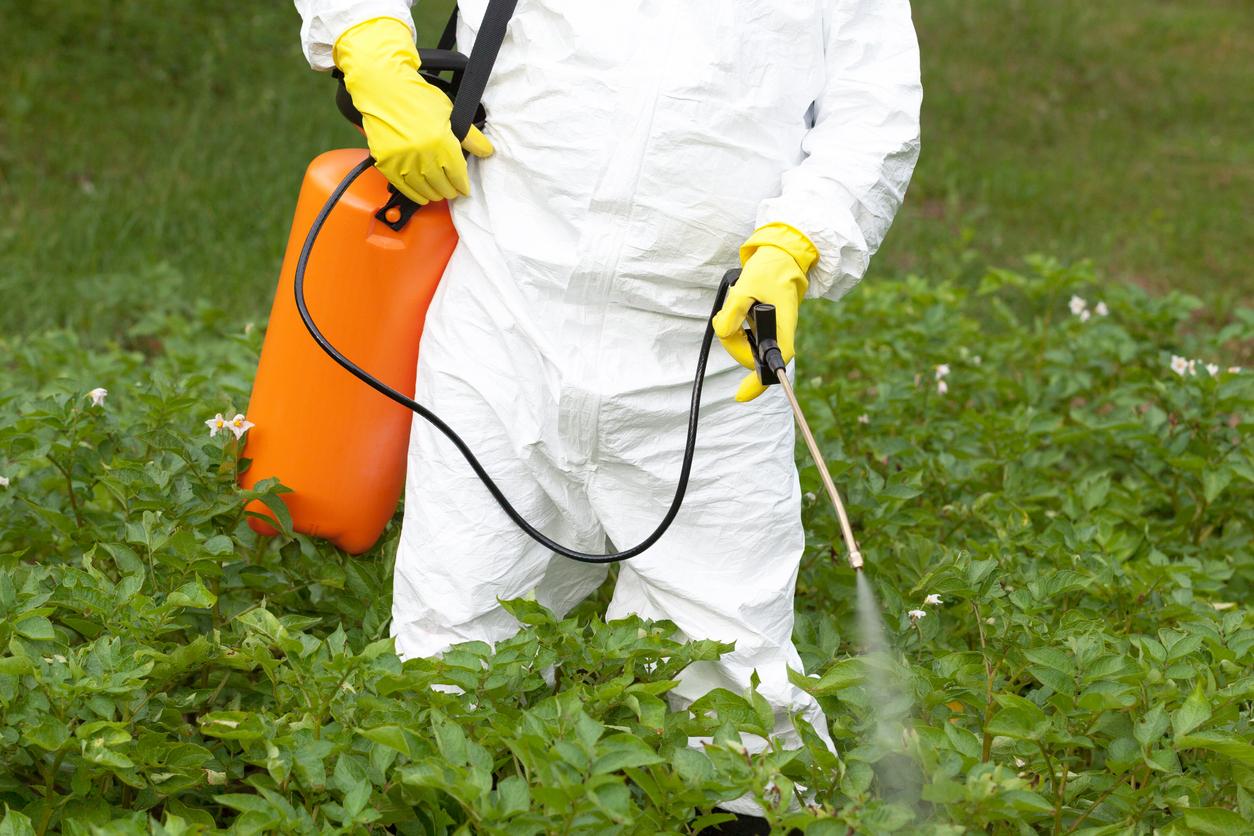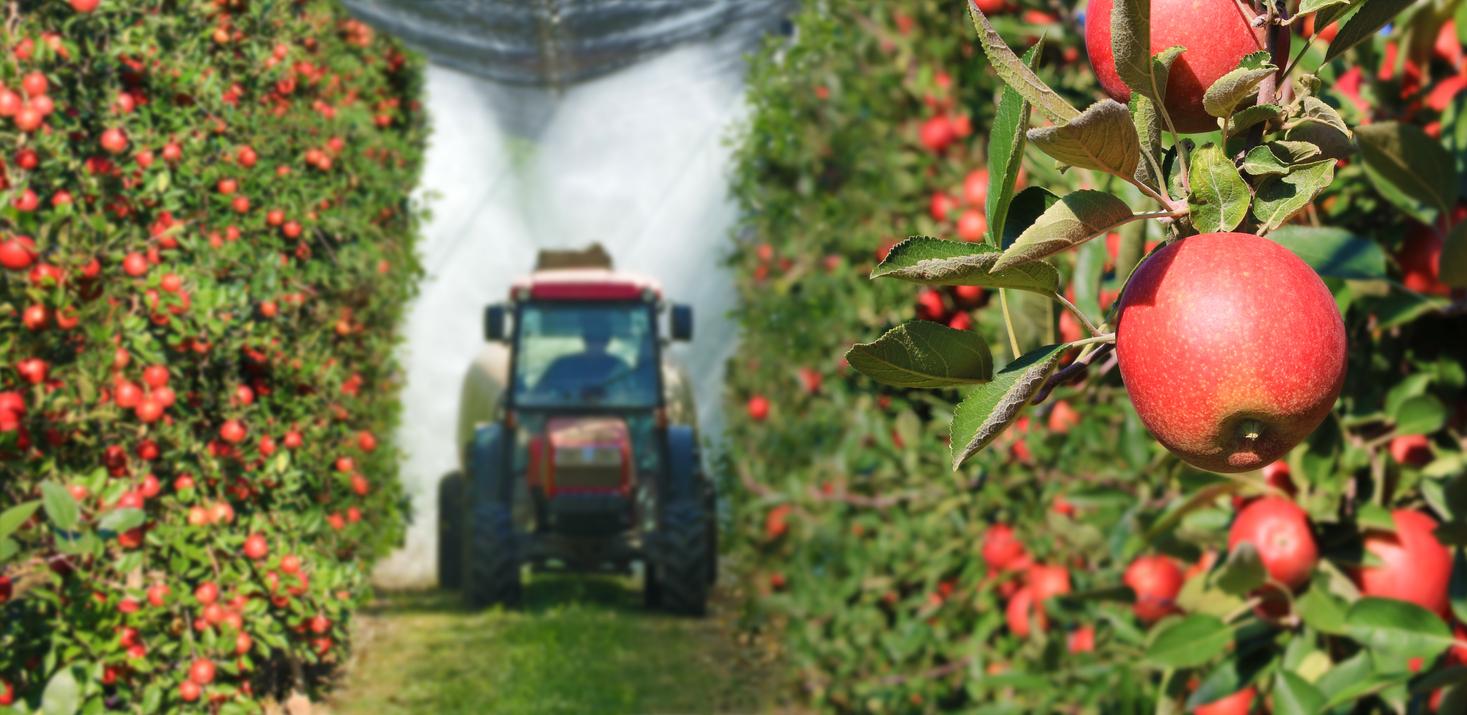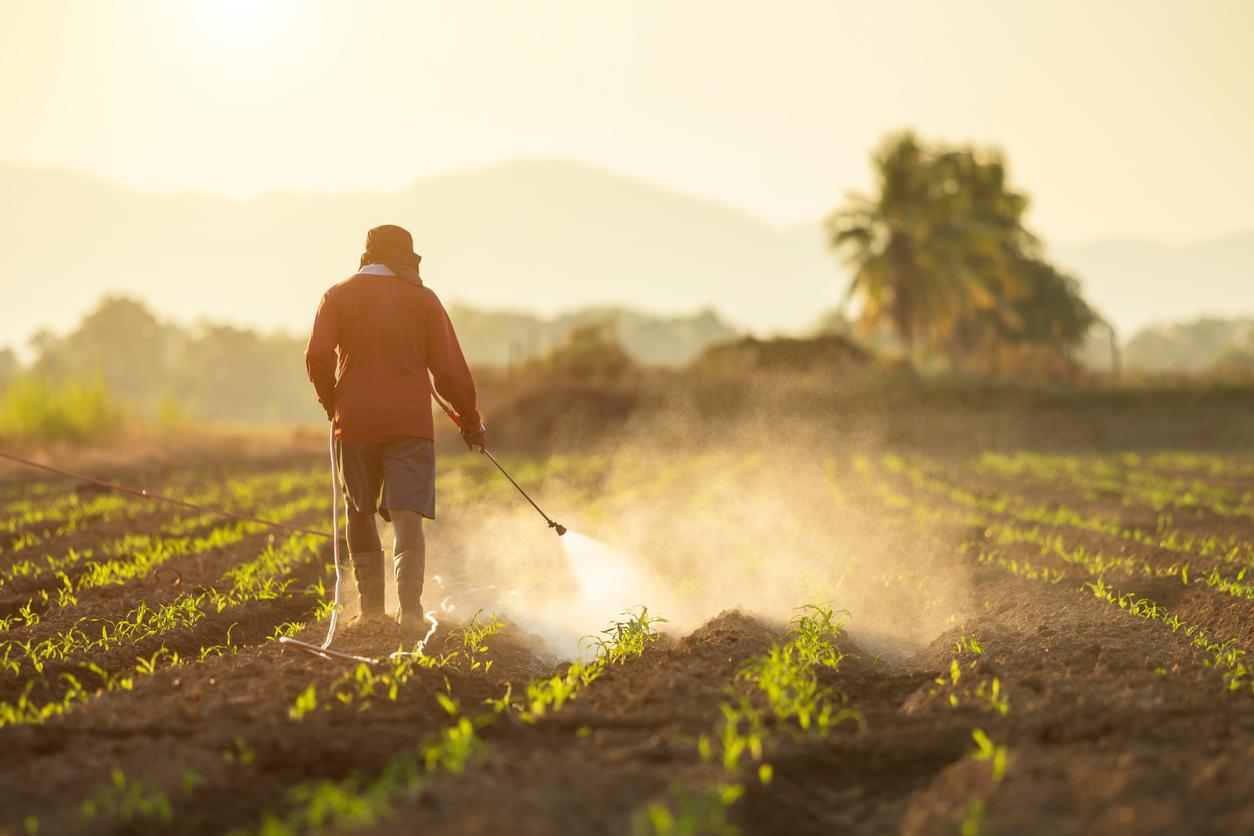A new study led by the University of Texas suggests that glyphosate, like neonicotinoids, is responsible for the death of honey bees. This controversial herbicide is indeed suspected of disrupting the intestinal flora of foragers, making them more susceptible to infections.

Neonicotinoid pesticides may have been banned in France since 1er last September, honey bees (Apis mellifera) are not, however, definitively saved.
According to a new study by researchers at the University of Texas at Austin published in the journal Proceedings of the National Academy of Sciences (PNAS), these neurotoxic insecticides are not the only ones responsible for destroying millions of bee colonies. Glyphosate is said to have also contributed to decimating beekeepers’ hives.
A significant reduction in intestinal bacteria
Classified “probable carcinogen” by IARC (International Agency for Research on Cancer), glyphosate is the active ingredient in Roundup, Monsanto’s flagship product. Despite the suspicions which weigh on its toxicity and its danger to health, this does not prevent glyphosate from being, to this day, the most widely used herbicide in the world. A 2016 study revealed that since its introduction in the 1970s, nearly 10 million tonnes of glyphosate have been sprayed in fields around the world.
According to the researchers, this had consequences on bee mortality in areas dominated by agricultural activities since glyphosate would alter their intestinal microbiota and thus make them vulnerable to infections.
“We show that the abundance of the main species of the intestinal microbiota is reduced in bees exposed to glyphosate at concentrations encountered in the environment”, explains biologist Erick Motta, co-author of the study.
During their work, the researchers exposed bees to glyphosate at levels equivalent to those found in crop fields, gardens and roadsides. This exposure significantly reduced their healthy gut microbiota. Half of the species of gut bacteria that help bees feed and defend themselves against pathogens have been destroyed.
This reduction of good bacteria in the intestinal flora of bees had a direct impact on their mortality. “Young foragers exposed to this substance see their mortality increase when they are then exposed to Serratia marcescens, an opportunistic pathogenic bacterium”, continues Professor Motta.
While bees that had not been exposed to glyphosate saw their numbers halved after eight days, only a tenth of bees exposed to glyphosate survived the pathogen.
Worrisome results
For the biologist, the results brought to light prove that “we need better guidelines for the use of glyphosate, especially with regard to the exposure of bees, because at the moment the guidelines assume that herbicides do not harm not to bees. “
This is the speech that Bayer, owner of Monsanto, decided to hold. In a statement, the pharmaceutical giant said that “no large-scale study has ever found a link between bee health problems and glyphosate.”
A point of view that does not share the biologist Dave Goulson, professor at the University of Sussex (United Kingdom), specialist in the study of pollinators, who did not participate in this work. “In recent years, it has become increasingly clear that the collection of bacteria that make up the gut microbiota play a vital role in maintaining health in organisms as diverse as bees and humans. showing that these bacteria are sensitive to the most widely used pesticide in the world is therefore worrying “, he explains to World.
According to the researchers, more work is now needed to better understand how glyphosate affects the bee microbiota. They insist, however, that the herbicide should no longer be considered harmless to animals, and in particular to bees. “It’s not the only cause of all these bee deaths, but it’s definitely something people should be concerned about because glyphosate is used everywhere,” concludes Dr Motta.
.















